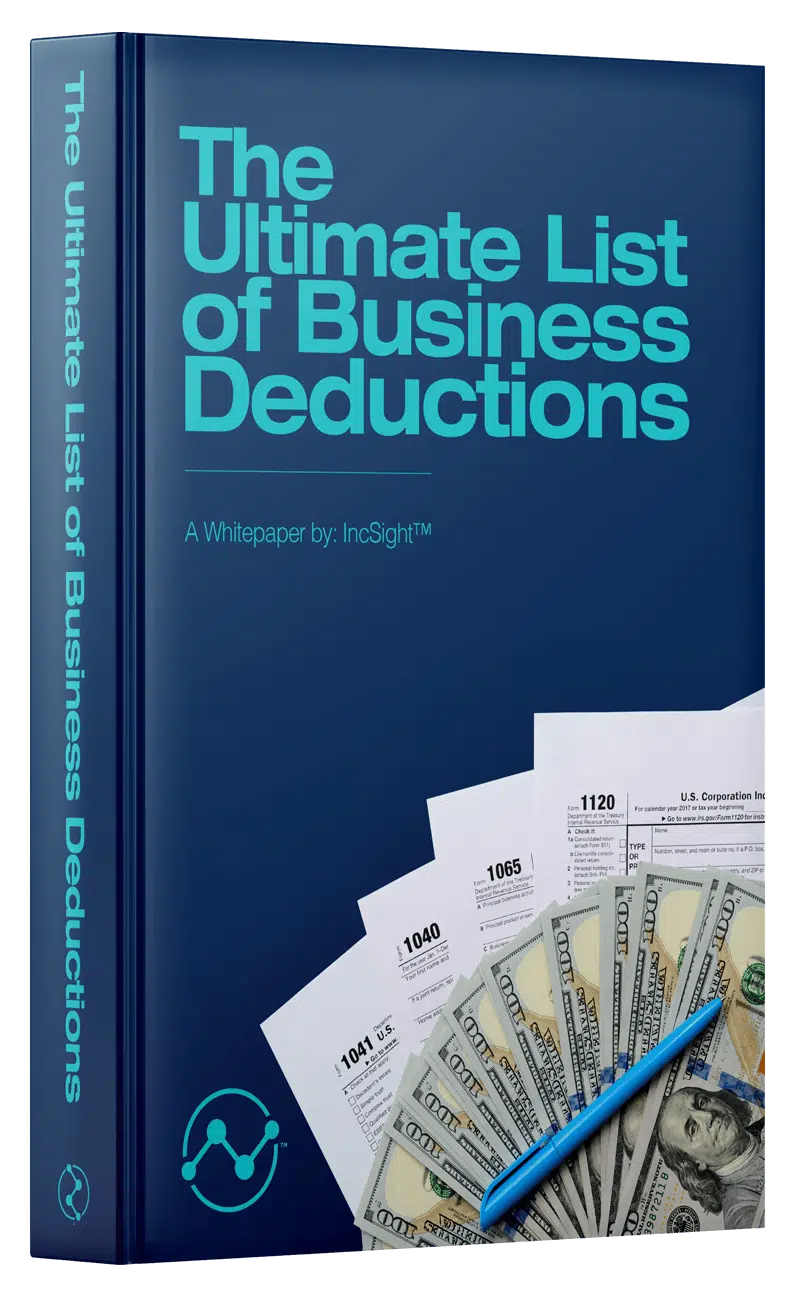This is the first post in our “Healthcare Mini Series”. We wanted to take the time to dive into some strategies around healthcare and that is what we will be doing the next couple of weeks.
When you are self-employed your health insurance premiums for you and your family must be treated a specific way to ensure you get the full tax deduction for those costs.
The way your entity setup is going to determine the correct way to get the full deduction.
How Do I Report Self-Employed Health Insurance Premiums as a Sole Proprietor or Single Member LLC?
This is for basically any entity structure outside of a C or S Corporation. This one is rather easy to do.
- Simply deduct your self-employed health insurance on Schedule 1 Line 16 (Self-employed health insurance deduction) on your personal tax return (form 1040).
- You would not take the deduction on your Schedule C or business return.
How Do I Report Self-Employed Health Insurance Premiums as an S Corporation Owner?
This would, of course, include LLCs that are taxed as an S Corp. This one gets a little more complicated and there are a few additional steps you have to take to ensure you are properly getting the deduction for premiums paid to the S Corp owner.
Here are the steps:
- Have the S Corp Pay for the Insurance
- This can be done directly out of the business bank account or you can reimburse yourself for it through an Accountable Plan. You will deduct the expense as wages on the S Corp side.
- Gross Up W2 Payroll
- You will take that insurance expense paid and gross up the payroll wages for the owner(s). If the plan is non-discriminatory, then no FICA taxes need to be withheld. This also will add to your “reasonable salary” as an S Corp owner.
- If you use a software like Gusto you can simply send a request at year-end to get this added in. This is a key part.
- Deduct on the Personal Tax Return
- Finally that income that was reported to you in wages for the insurance will be deducted on Schedule 1 Line 16 (Self-employed health insurance deduction) on your personal tax return (Form 1040).
As I said, there are a few more hoops you have to jump through with this one but essentially the end result is a deduction. You get an expense on the business tax return, but then you include it as income on your W2, and then you get the final deduction for it on your personal tax return.
It is important to note that this treatment is only for the S Corp owners. If you have other employees you would not follow this same treatment.
How Do I Report Insurance Premiums Paid For Non Owner Employees?
If you have employees and provide health insurance benefits (either partly or fully) you will get a deduction for your costs. Be sure to also include that amount on the employees W2 in Box 12 with code DD.
Note this is for non-owner employees only!
What Else Do I Need To Know About Deductions for Health Insurance Premiums?
Just a few additional notes to consider:
- If you are part of one of those medical sharing plans, those are not technically considered health insurance ,so would not be deductible through the business.
- Health insurance costs are 100% deductible for small business owners (even if you do not cover other employees), you just need to ensure you are taking the deduction properly as discussed here.
- Depending on your employee count you may be required to offer health insurance.
- If you have employees outside of the owners you may qualify for a small business health care tax credit. The credit covers up to half of your contributions towards employee premiums. To qualify you would need to meet these requirements:
- Less than 25 full-time equivalent employees
- Your team’s average salaries are less than $50,000
- You help your team with their premium payments
- You purchase through the marketplace








